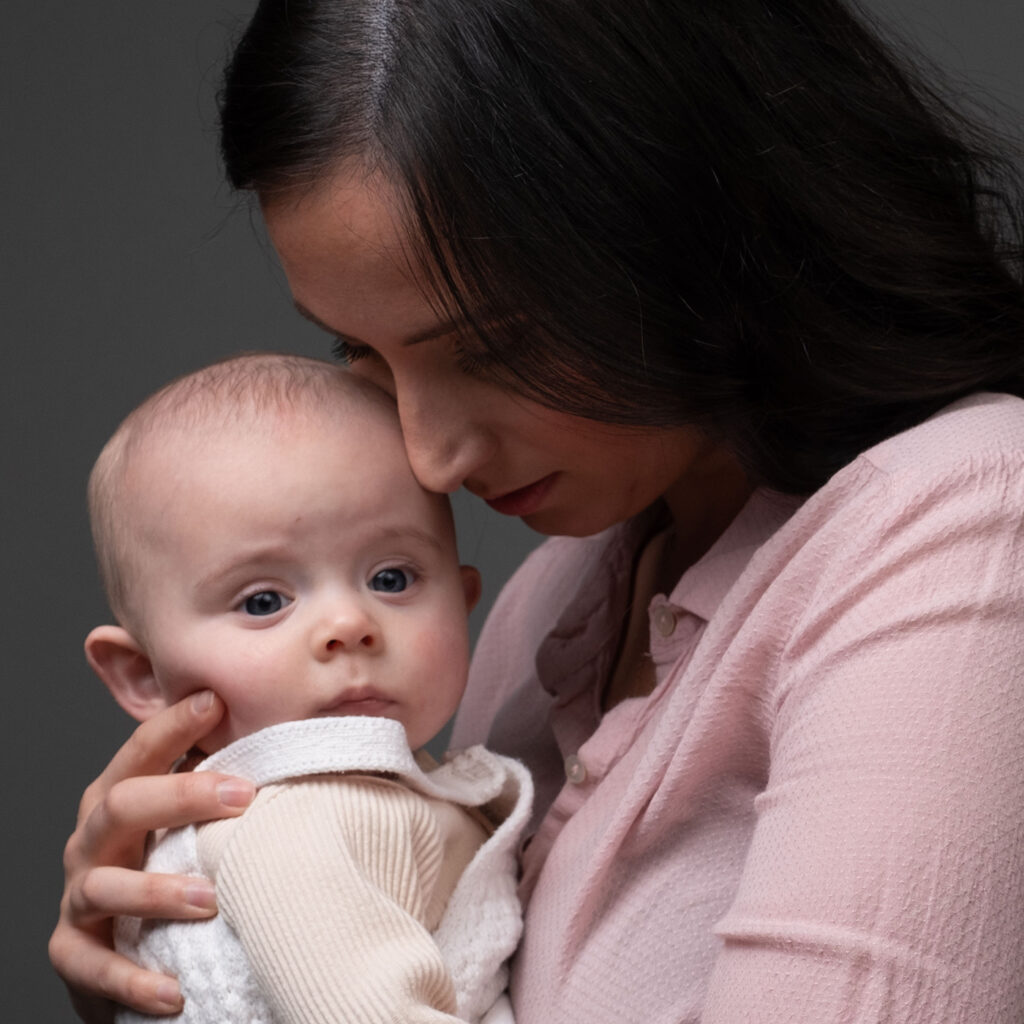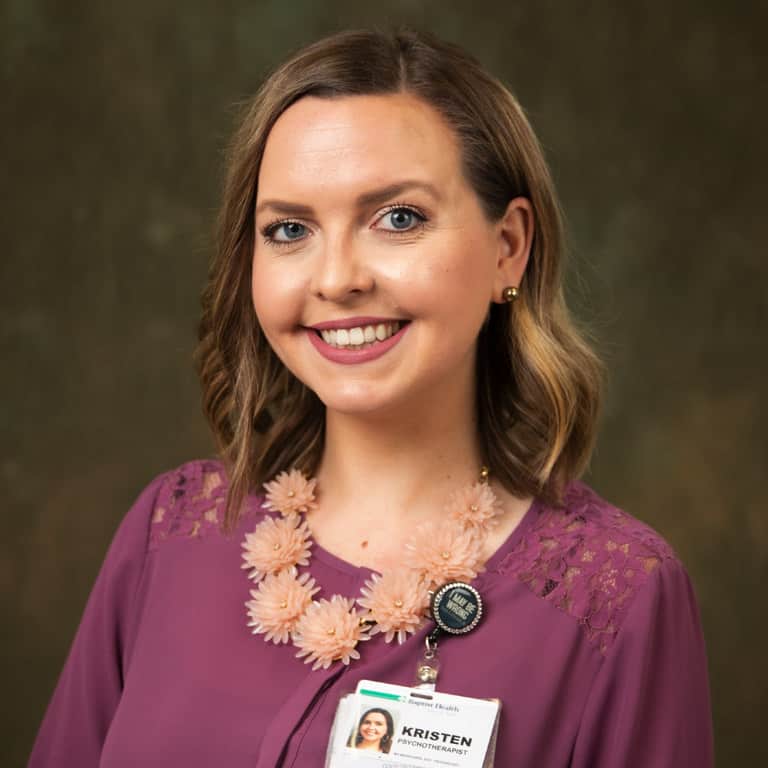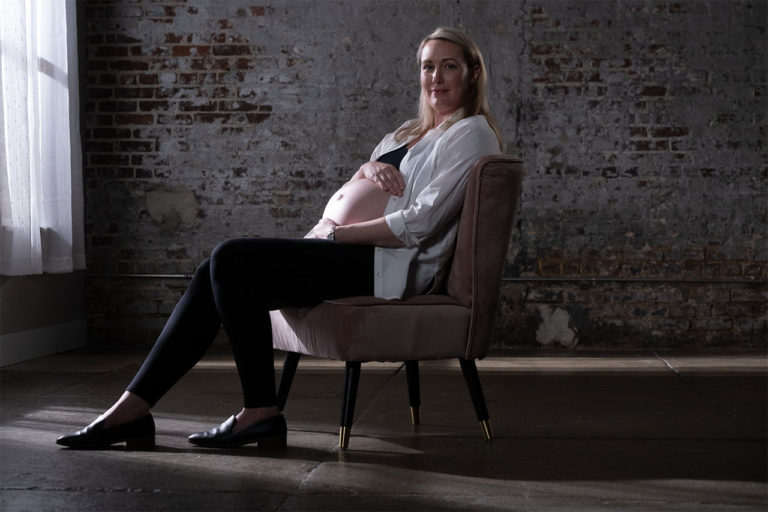THE TEA | November 2023
Navigating Perinatal Mental Health Together
Hello, I’m Kristen Krauss, and I’ve dedicated my life to the mental well-being of women before, during, and after one of life’s most transformative experiences: motherhood. As a Perinatal Mental Health Counselor, I’ve learned, along with many others, that pregnancy and the first year of motherhood can be joyful. However, they can also bring unforeseen mental health challenges.
Why Mom’s Mental Health Matters
When I started to explore a career in mental health, I was surprised and pleased to discover a small niche available for specialization: perinatal mental health. This category centers on women from pregnancy through the first year after childbirth, emphasizing how changes in mood and hormones influence their thoughts and behaviors.
Anyone who has experienced pregnancy can tell you how real those changes are and how much they affect your daily life. Your energy slows down, and your desire to do things you used to enjoy may dwindle. To a certain extent, that is normal; your priorities are shifting to accommodate a new family member. However, it’s important to notice if you frequently wake up feeling overwhelmed by the day ahead and if this occurs more often than not. Are you avoiding certain activities out of fear? Experiencing significant appetite changes? Suffering from panic attacks? These can be important indicators that something more profound is happening.
It’s critical to tap into your own support system during this time. Women are the primary caregivers for their entire families, and that doesn’t just stop or slow down when they’re pregnant. New and experienced mothers should start their pregnancy by considering the support they’ll need from partners, family, and friends, then discussing these needs with trusted individuals. Give your community permission to check-in. And remember that a mentally healthy mom directly impacts the rest of her family’s health – including her children’s.
If you need a community, there are several resources available. Check out Postpartum Support International for hotlines, support groups, and perinatal mental health professionals. Social media is usually questionable for our mental health. Still, in this case, it can be beneficial to join mom’s groups in your area to share tips, ask questions, and make friends who are experiencing similar life events.


Proactive Mental Health Care
My number one recommendation to pregnant women is to be proactive. Reach out to your OB early to craft a birth plan that includes perinatal mental health considerations. Do some research or talk to recent first-time moms about what wellness means in early postpartum. There are endless resources online for finding community and support.
Above all, if you can establish a relationship with a perinatal mental health professional early on, there is a higher chance of catching any potentially dangerous issues early. Although less common, 1-2 in every 1,000 women experience postpartum psychosis, making signs and symptoms even more important.
The stigma around mental health is fading, and that’s fantastic. More folks realize it’s better to reach out before things become too much. Consider it a mental wellness checkup, tailored specifically to your mind’s health. Ideally, every hospital would have a dedicated team to ensure new parents are mentally and emotionally prepared to take their baby home.
Your Village: It's Right Here
This incredible journey of bringing new life into the world and adapting to motherhood—it’s a big deal, and it’s okay to ask for help along the way. And professionals like me are ready to support, listen, and guide you to a place of joy and health in your perinatal adventure.
From support groups to one-on-one chats, we’ll tackle the tough stuff together—baby steps back to feeling like yourself. And when you need to take a break, remember it’s okay to let others step in. You’re not in this alone.
If you want to learn more about what help for you and your family looks like, reach out to a professional. I’m happy to help you get started, and can be reached at 501-202-7587 Monday through Thursday. If evening hours are better for you and your family, I’m available then, too.

Adapting to motherhood—it's a big deal.

Kristen Krauss
Kristen Krauss received her master’s in clinical mental health counseling from the University of Louisiana at Monroe. Kristen has worked with teens, adults, and families with substance abuse issues and co-occurring mental health disorders. She thrives on bringing a creative approach to therapy and meeting clients where they are to get them where they want to be. She uses Cognitive Behavioral and Motivational Interviewing techniques and enjoys teaching mindfulness to help clients live their best lives.

